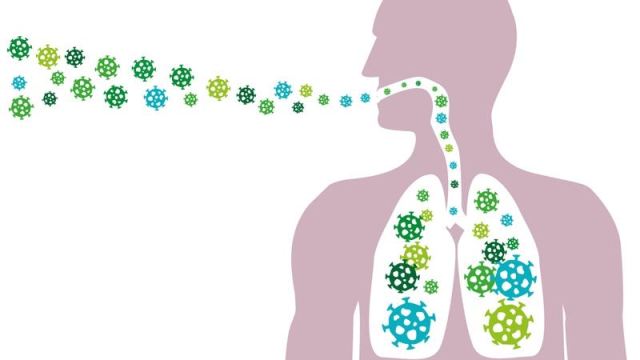Midnight Snacking May Be Bad for Your Brain

Midnight snacking has been linked to numerous health issues from obesity to type-2 diabetes. But Adam Hoffman from the Smithsonian writes on a team of researchers from the University of California, Los Angeles, who have found new evidence showing how the late-night habit can damage the brain, by misaligning your natural sleep patterns and damaging areas that deal with memory and learning.
The team of researchers used two groups of mice to conduct their tests. One group was fed during the day and one was fed at night (keep in mind mice are nocturnal creatures). There was a shift in activity with mice that were fed during the day — their natural day-night tendencies became flipped. The mice became more active during the day and less so at night. The flow of eating was enough to disrupt their natural day-night cycles.
One of the researchers, Christopher Colwell, commented on these results, saying:
“We showed that under these eating conditions, some parts of the body, especially the hippocampus, are completely shifted in their molecular clock. So the hippocampus, the part of the brain which is so essential for learning and memory, is actually following when the food is available.”
The researchers continued their testing to see how the shift affected cognitive process, particularly in learning and memory. The misaligned eaters showed poorer results compared to the natural eaters when it came to learning new tasks and memory-related tests. These results raise questions about how health professionals might treat people with sleep deficiencies.
Colwell said of the results:
“We think that we are uncovering a tool that we can use to either strengthen or weaken the clock, just by controlling when a person eats.”
The researchers plan on continuing their study to investigate the cellular mechanisms that contribute to these changes in misaligned eating.
Read more at the Smithsonian.
Photo Credit: Gabriela Pinto/Flickr





